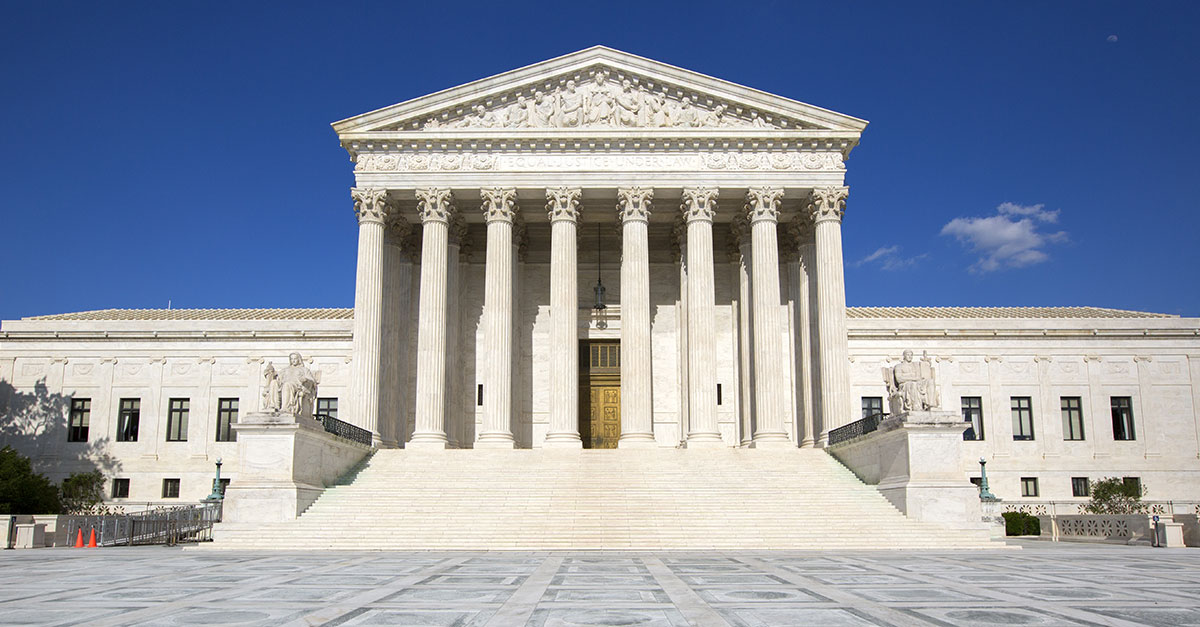When it comes to enforcing the Foreign Corrupt Practices Act (FCPA), the U.S. Department of Justice (DOJ) is still trying to figure it out. That’s according to Mike Koehler, professor of Law at Southern Illinois University, who is an FCPA expert.
- Products
- Solutions
- Compliance Oversight
- Communications Compliance
- Market Abuse Regulation
- ESG Compliance
- Senior Managers Certification Regime
- Conduct Risk
- Control Room Compliance
- Pay-to-Play Compliance
- Conflict of Interest Management
- Crypto Compliance
- Small Firm Compliance
- Corporate Compliance
- Anti-Bribery and Corruption
- Compliance Program Management
- Education Center
- About Us






